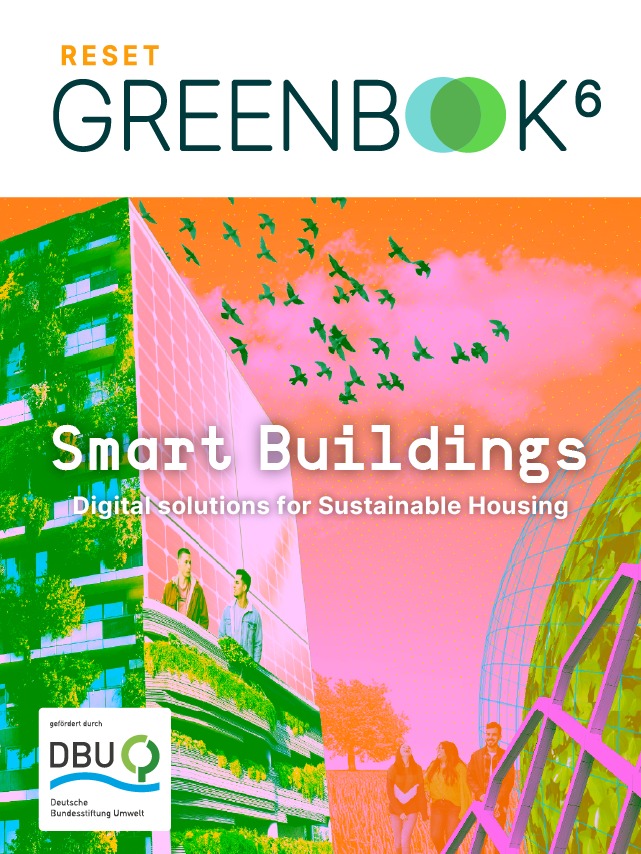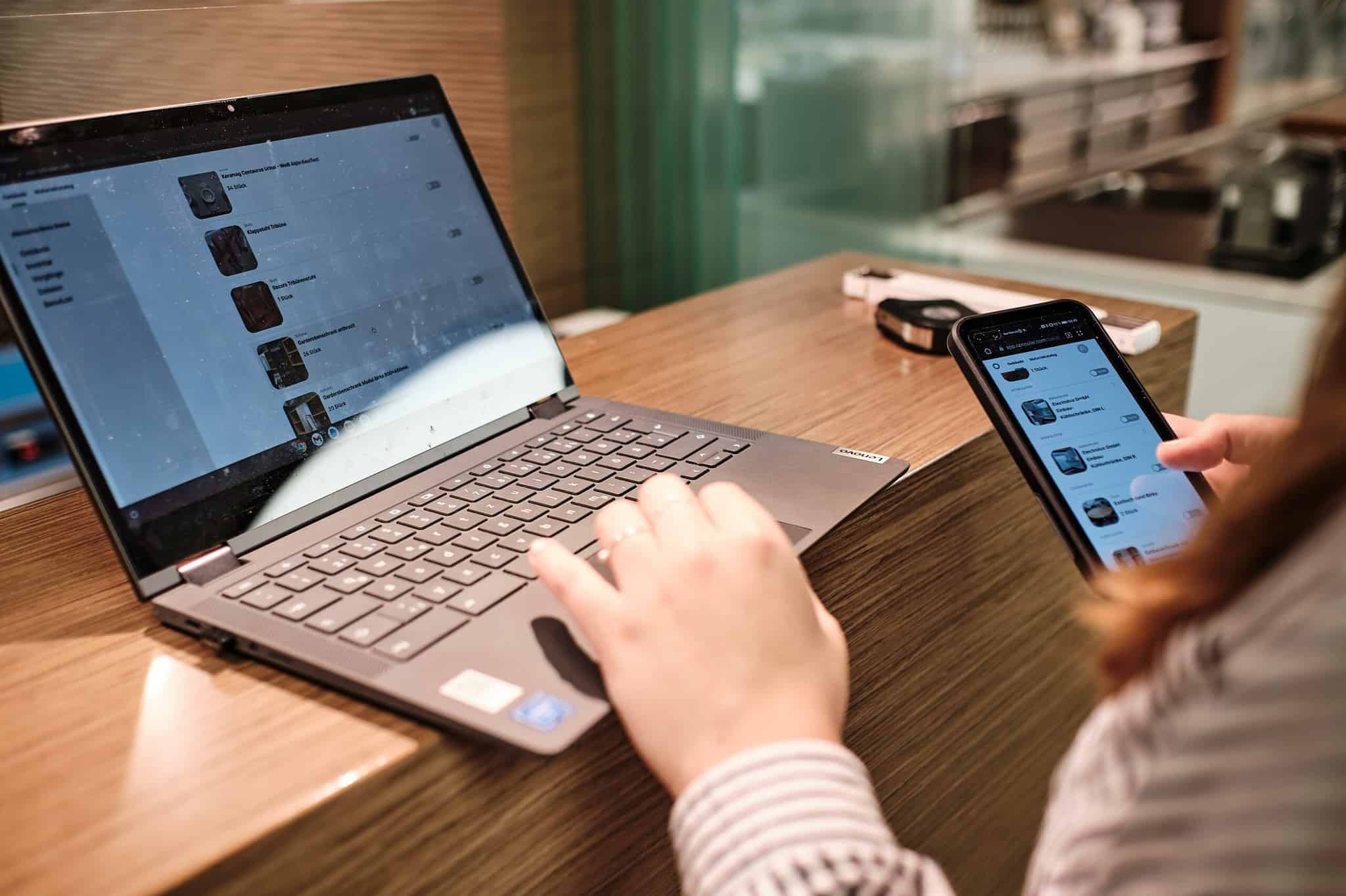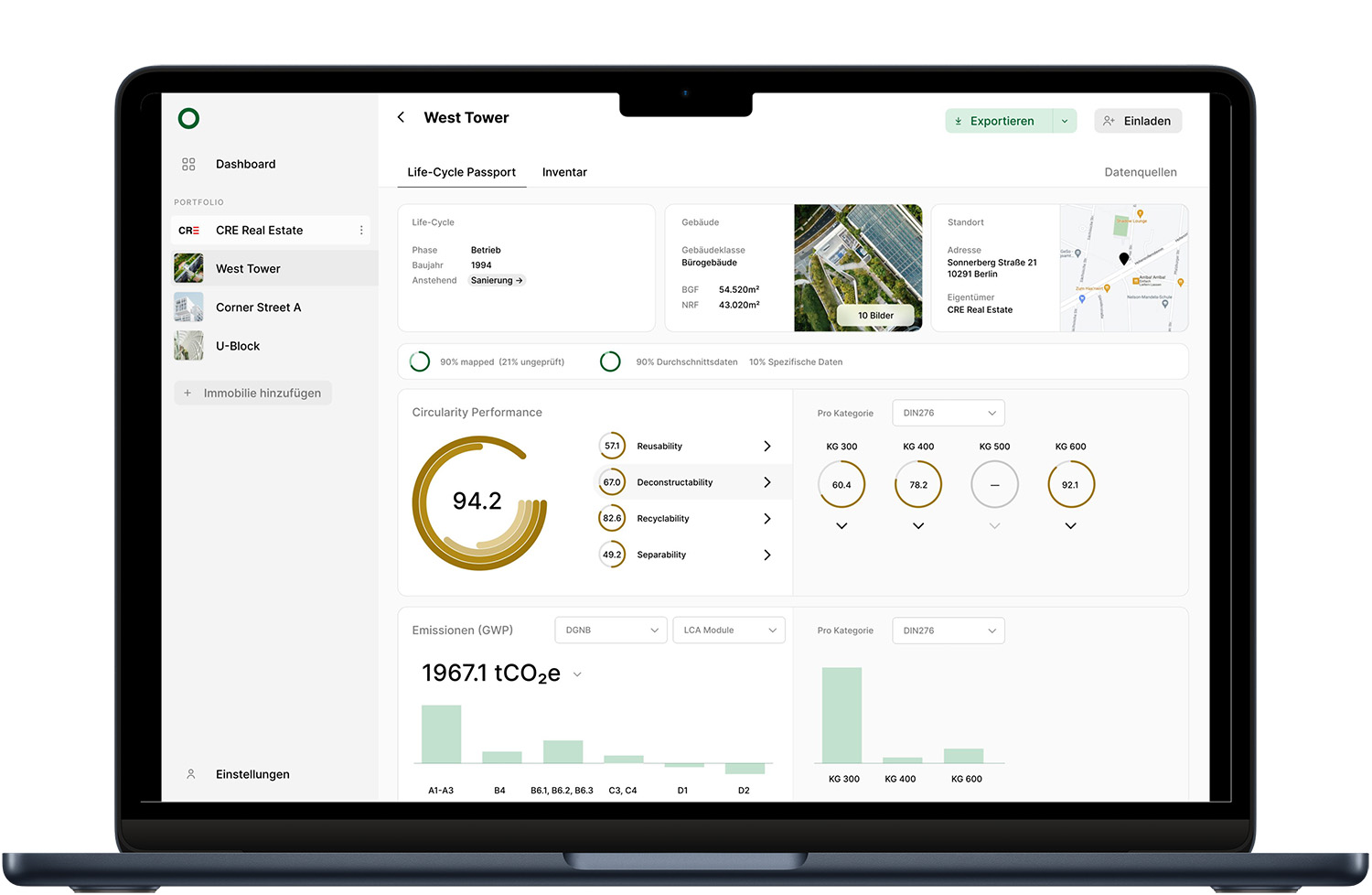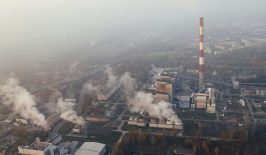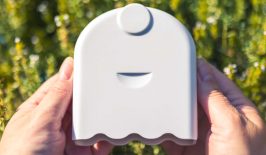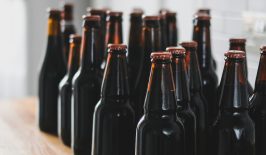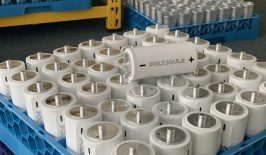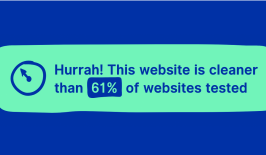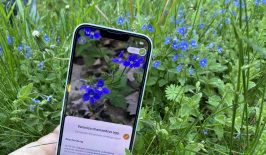Doors, sinks, and even entire walls salvaged from structures on the brink of demolition often contain valuable resources that can be repurposed in new construction projects. Nonetheless, construction companies and individuals typically lean towards fresh materials when undertaking new building projects. This squanders the potential of reclaimed resources, leading to their disposal in landfills.
This results in a construction sector that places a notably high demand on resources and is accountable for nearly half of the total national waste generated in Germany. Yet, achieving a successful shift in construction entails more than just designing modern, eco-friendly buildings. It also necessitates the establishment of an effective circular economy within the construction industry.
The concept of “urban mining,” which involves repurposing used building materials, represents a more sustainable approach to constructing new buildings. The objective is not just to discard resources that have been previously utilised but to carefully disassemble them and incorporate them into new structures, bridges, or road projects. In Germany, beginning August 1, 2023, nationwide regulations of the Substitute Building Materials Ordinance will, for the first time, mandate the recycling of mineral waste.
Buildings are a CO2 heavyweight: the construction, heating, cooling and disposal of our homes accounts for around 40 percent of Germany’s CO2 emissions. We will only achieve our climate goals if these emissions are massively reduced.
But how can we achieve the sustainable transformation of buildings and what role do digital solutions play in this? The RESET Greenbook provides answers: Building transformation – intelligently transforming houses and neighbourhoods.
Bauteilnetz Deutschland manages a database of regional component exchanges, while the Berlin-based company Concular, a few years ago, introduced a marketplace for reclaimed building materials known as “Restado.” Meanwhile, Concular has since shifted its focus towards the development of digital solutions to promote circular construction practices in Germany.
Marketplace for reclaimed building materials
However, Concular still operates the online shop for reusable materials. In the material shop, customers can explore all the current circular projects, including office buildings, government facilities, as well as swimming pools and individual items. For each of these projects, Concular maintains an inventory of materials that can be repurposed for new constructions.
The purchasing process is, in essence, similar to any conventional online store. The listed building materials are showcased with images, dimensions, and information about installation methods. Despite being used products, Concular, like all other retailers, offers a one-year warranty on the components. Moreover, they “collaborate with manufacturers and refurbishers who inspect and, if necessary, refurbish the materials.”
One notable distinction from typical online stores is the availability of the items. Instead of delivery times or immediate availability, the material shop typically displays pickup periods that align with the dismantling schedule of the existing structures.
Already, we encounter the first major challenge of circular deconstruction: the availability of reusable materials is significantly less flexible than that of new materials. This needs to be considered in project planning, and construction companies must adjust their plans accordingly. This can have a significant impact on the efficiency and, consequently, the costs of building new structures.
Concular seeks to address this issue in several ways, including the use of interim storage, such as the Urban Mining Hub in Berlin. Here, reusable materials are stored, making them available for pickup at any time. In the future, additional warehouses in other major cities will be added to the Berlin location. Simultaneously, Concular aims to simplify the redistribution of circular materials through digital solutions.
Digital building resource passports for new and old buildings
One of these solutions is the digital building resource passport, which is “recommended for both new and existing buildings alike”. Buildings are assigned a profile that documents “the components used and their CO2 footprint.” This makes it significantly easier to inventory reusable materials during future deconstructions. At the same time, the Resource Passport incentivises a stronger emphasis on circular components during new construction projects.
Concular also assesses reusable resources in existing structures through circularity checks. In these inspections, employees explore existing structures and enter potentially reusable components into a computer system. They collect images for future inventory and note any weaknesses using smartphones. Working with experts, Concular ensures the quality of building materials from the start, as only materials that are free of contaminants, removable without damage, and marketable make it to the market.
What Concular is currently doing with its in-house team, the company aims to scale up in the future. Currently, Concular’s material shop features only 10 projects and two interim storage facilities. To advance the creation of digital resource passports and circularity checks, Concular has taken the lead in developing a standard for asset assessments.
A new standard in cooperation with universities and associations
The DIN SPEC 91484 has been public since September 2023 and was developed in collaboration with “30 leading universities, associations, and companies from the real estate and construction industry.” The standard outlines a procedure for capturing building products as a basis for assessing their potential for reuse before demolition and renovation work. Simultaneously, the standard offers guidance for creating so-called Pre-Demolition Audits.
Companies in the real estate sector can independently evaluate properties that are slated for demolition to assess their potential for circular deconstruction. This standardisation of the field of circular deconstruction provides a crucial foundation for further growth.
Since the DIN SPEC 91484 also aims for uniform data formats, the gathered information is compatible with other formats and systems. As more companies align with these new standards, a shared database could be established in the future.
To achieve a successful transition in building practices, the consolidation of all relevant information about materials and building structures is especially important. Rita Streblow from TU Berlin emphasised this in an interview with RESET, stating that bringing all stakeholders together and establishing an information flow throughout the entire life cycle is crucial for sustainable buildings. While it’s already clear that reused materials are more sustainable and cost-effective, their procurement is currently too labour-intensive, making them unattractive for many construction projects.
For standards like the DIN SPEC 91484 and digital systems for sourcing reusable resources to work effectively, new buildings must be designed from the outset with circular deconstruction in mind. To promote this, the city of Berlin introduced a regulation in 2022 that makes circular deconstruction mandatory for public buildings. A similar approach is expected to be adopted for private construction projects in the future.

